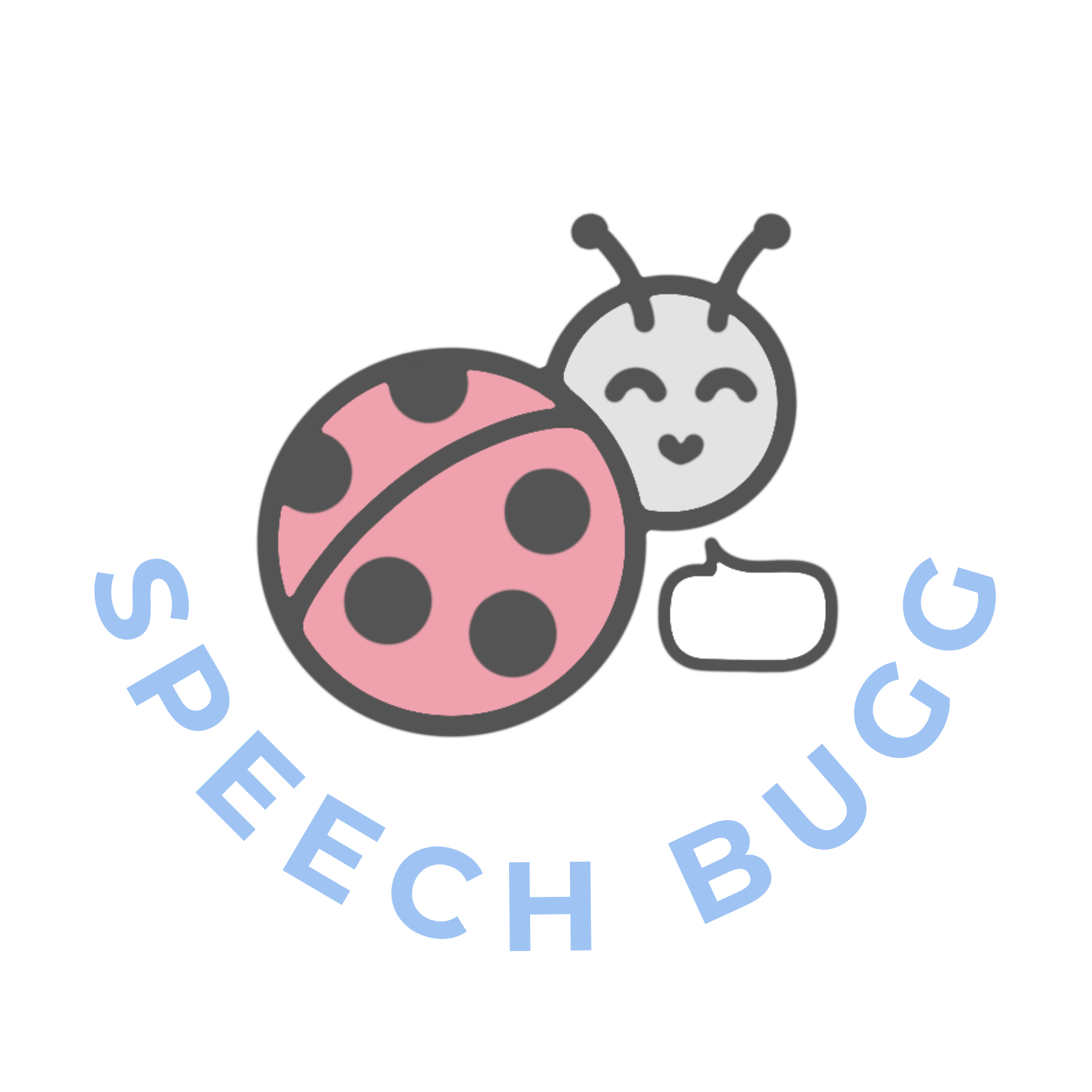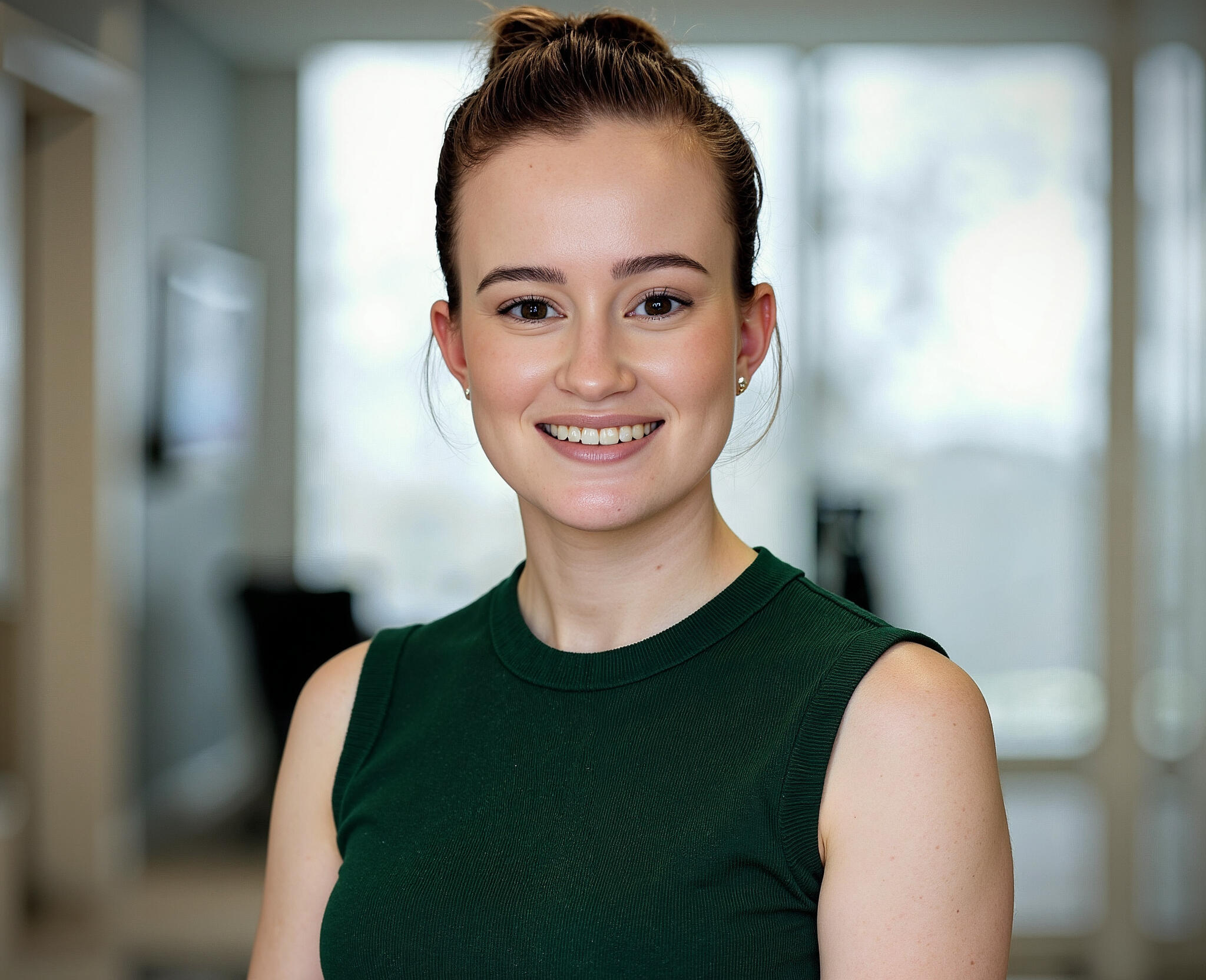Speech Bugg
Speech Pathology services for the Goondiwindi Region.
Currently servicing paediatric and adult populations.

About
Monica Buggie
B.Speech Pathology (Honours)
Monica is a Goondiwindi local who moved to Brisbane to gain her Speech Pathology qualification. After 10 years, she moved back to provide services for the Goondiwindi region.She is passionate about supporting people with language and literacy difficulties, particularly in children.She has availability to support both paediatric and adult populations to improve their communication and swallowing abilities.
Monica has additional training in:

Services
Areas of support
Speech Pathology involves a range of service areas.
Speech Bugg currently provides services for Speech, Language, Literacy and Assistive and Augmentative Communication (AAC).
Speech Bugg is open to expand into swallowing and feeding as clients with difficulties in this area require.

Assessments provide information about areas of difficulties and ease. These may involve informal or formal measures. Formal measures compare scores to other people of the same age, whereas informal measures rely more on therapist interpretation. Both are important to gathering information about a client.
This information guides goal setting and intervention.
Goals are set collaboratively with client and caregivers. These goals focus on functional impact and are meaningful to clients.
Intervention is used to target these goals to improve skills. Time frames for intervention vary depending on the area of difficulty.
Education is provided by the therapist to caregivers or educators. This may involve explanations of treatment types or programs.
Programs are provided to build targeted skills outside sessions with a therapist.
This is vital for success in achieving clinical goals.
Phonological processes are speech sound error patterns that typically developing children use as they learn to talk. When a phonological process persists beyond the typical age of resolution, a child is said to have a phonological disorder or delay.
Articulation disorders involve an error in the movement required to produce a sound. The process of articulation therapy teaches the target sound in isolation, syllables, words, sentences, stories, conversation and finally generalizing the target sound in all contexts of language.
Receptive language is a person's ability to understand and interpret written and verbal information.
Receptive language therapy involves teaching how to interpret information and understand the content used.
Expressive language is a person's ability to use words in text and speech.
Expressive language therapy involves teaching content (vocabulary), form (grammar), use (rules) and applying this to age appropriate functional activities.
Reading requires knowledge of individual sounds and blending them to form words. The ability to read words fluently occurs when this is automatic.
When difficulties in sound knowledge or blending occurs, additional reading support may be required, particularly as more complex letter-sound knowledge is required.
Spelling requires the ability to break words down into individual sounds and identify appropriate letters to match the spelling.
Difficulties with letter-sound knowledge, impacts a person's ability to spell.
Swallowing involves the ability to chew and swallow different foods and liquids.
These difficulties are assessed in a clinical exam and may require formal assessment (in hospital). This guides the therapy required to rehab swallow function.
Feeding for children and infants can be difficult for a range of reasons.
Infants may struggle to effectively swallow the flow of milk and require techniques to support appropriate feeding.
Children may be fussy and require support to explore different types and textures of foods.
Feeding therapy can support both.
Assistive
Assistive communication is used to support verbal communication, but does not replace it.
Some people require additional support to communicate their message.
Gestures, Key Word Sign, and symbol/pictures are all assistive communication options.
This method of communication may be permanent or temporary depending on the client's needs.
Augmentative
Augmentative communication is used to replace verbal communication. This is typically used for people who have difficulties with speech and require external support.
PODD or electronic communication systems are typically recommended.
People with physical disabilities such as Cerebral Palsy, can also access augmentative communication systems.
Non-verbal communication skills are just as important for effective communication. Understanding social cues and how to interact with others impacts the success of an interaction with others.
Funding
Payment options
Speech Bugg offers a range of funding options available to support accessing services including:
For further funding option information, please use the link below.
For client specific questions about funding options, please contact Monica Buggie to discuss further.
